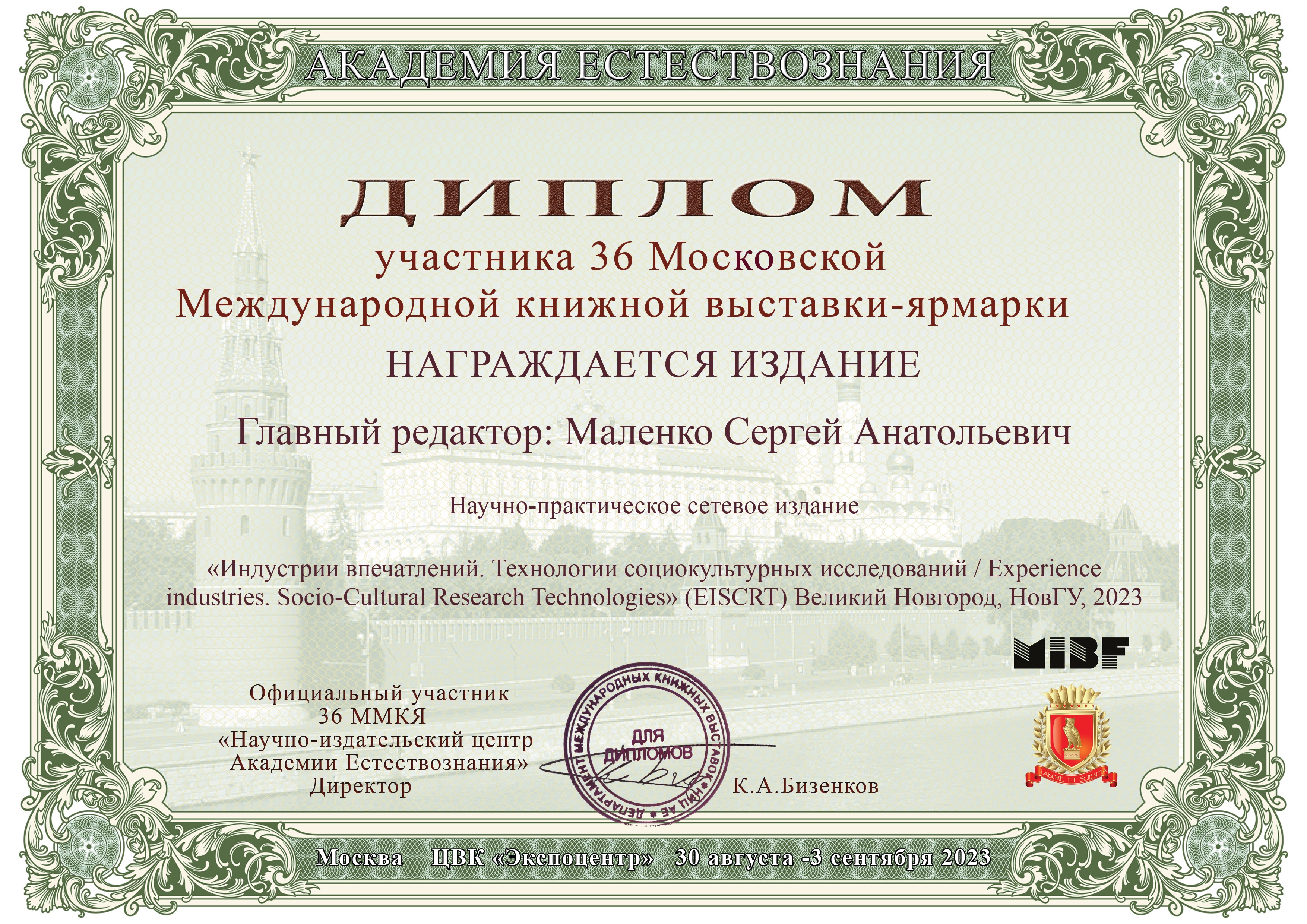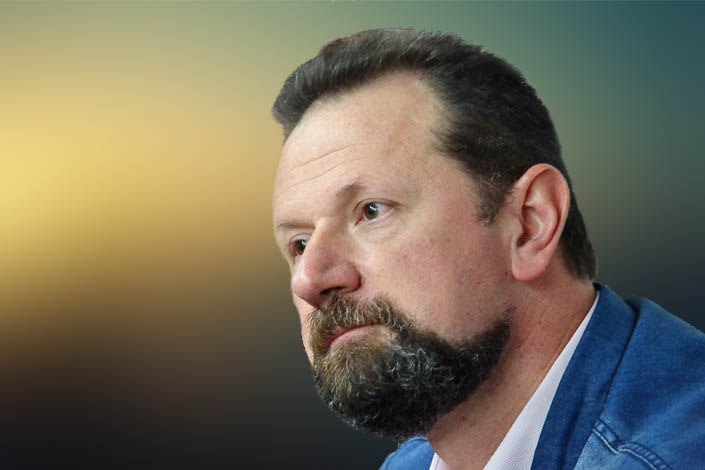BARRIER-FREE SPACE OF SOCIO-CULTURAL ACTIVITIES OF DIGITAL ECOSYSTEMS
DOI:
https://doi.org/10.34680/EISCRT-2022-1(1)-198-212Keywords:
sociocultural activity, barrier-free environment, digital ecosystem, metauniverse, virtual reality, augmented reality, immersive spaceAbstract
The convergence of socio-cultural activities with digital ecosystems of a new generation has been studied. These digital ecosystems are represented by metaverses. In the context of convergence, there has been a transformation of the main forms of sociocultural activity. Virtual and augmented reality and immersive space play a special role in this dynamic. As a result, practices of digital access to the semantics of museum expositions, exhibition presentations of fine arts, festivals, and theatrical productions have been formed. Digital transformation turned out to be associated with the transformation of the emotional sphere of modern man. The topics of digital and visual anthropology have been updated. The thesis is substantiated that a special space of digital cognitive artifacts and cultural environment has formed, which have become part of the life of a modern person. In this context, the dynamics of the evolution of various components of the digital environment into ecosystem structures and platforms for the transformation of the social sphere has been studied. The study of metauniverses is promising. Virtual and augmented reality technologies are actively used in their space. The development of these technologies is promoted by transformations formed by sanitary and epidemiological reasons. The subjects of culture actively use an alternative to the physical practices of presence in the space of culture. This trend has no time limits, as it transforms into a permanent way of organizing free time and reflects the psychology of digital generations.
For citation:
Loiko, A. I. (2022). Barrier-free space of socio-cultural activities of digital ecosystems. Experience industries. Socio-Cultural Research Technologies (EISCRT), 2022, 1 (1), 198-212. https://doi.org/10.34680/EISCRT-2022-1(1)-198-212








